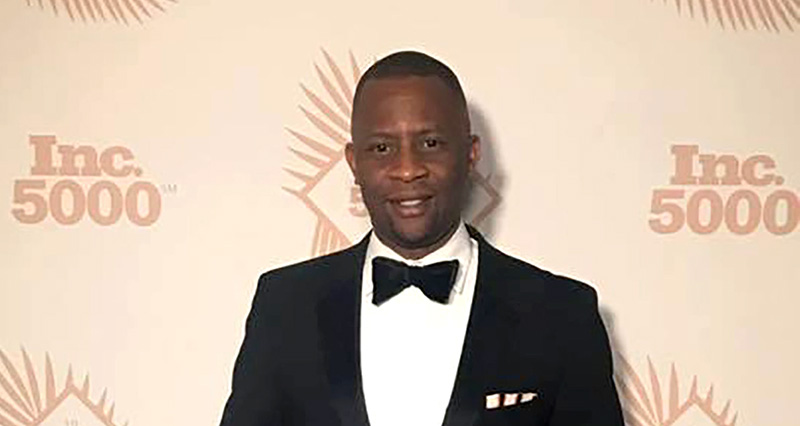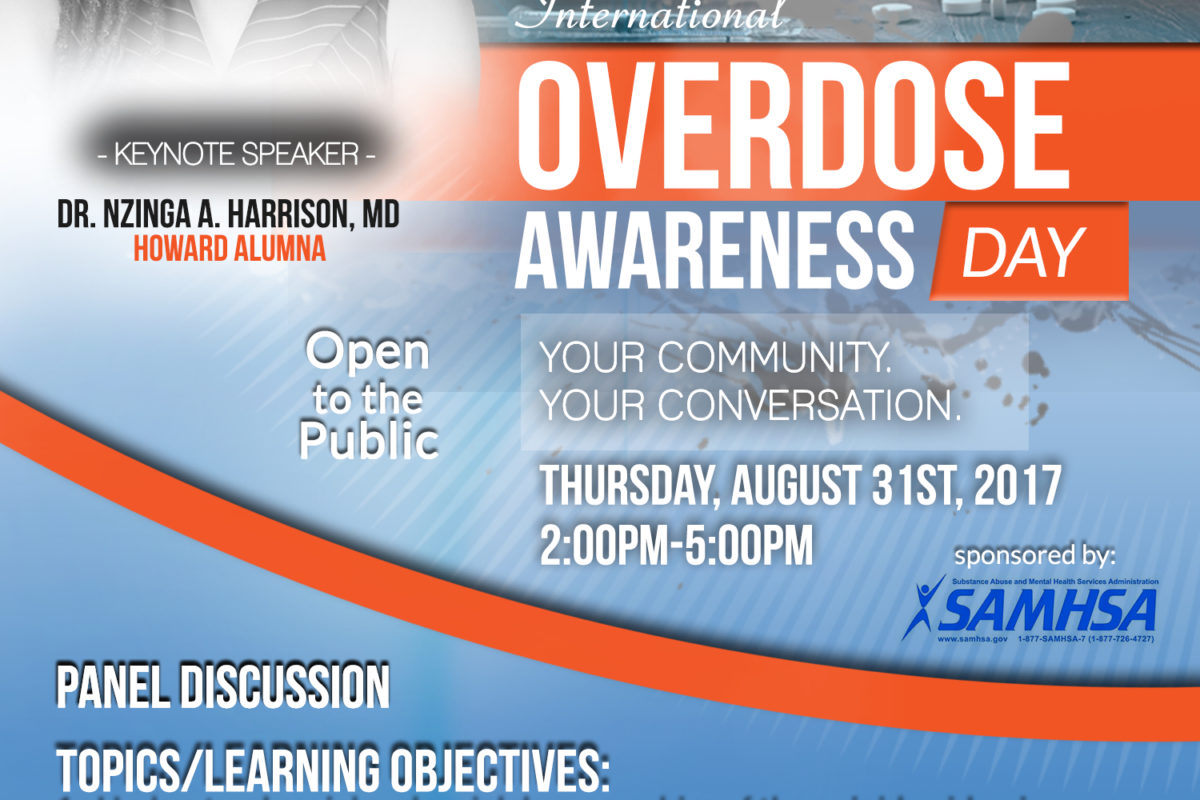Workplace Diversity
It seems like such a simple word, but it can cause such anxiety.
What do you immediately think of when you hear that word? Do you roll your eyes? Do you dismiss it as just another politically correct term? I doubt that you think that companies with diverse teams outperform industry standards by 35% as reported by Forbes. I doubt that you think of all the wonderful benefits, professionally and personally, that you can obtain by working in a diversified setting. Workplace diversity “refers to the variety of differences between people in an organization. Diversity encompasses race, gender, ethnic group, age, personality, education background, and more. Diversity not only involves how people perceive others but also how those perceptions affect their actions.” Diversity isn’t just another HR buzzword. Diversity helps to propel us forward and it is one of The Bizzell Group’s (Bizzell) most essential core values.
Companies are made better by drawing upon the collective wisdom and strength honed from a workforce that is comprised of many differences. The Small Business Chronicle reports that “in an era of economic globalization, many companies are making efforts to achieve workplace diversity. Understanding the advantages of workplace diversity helps establish an organization with a competitive edge. Companies that cultivate a diverse workforce reap the benefits of increased productivity and creativity and gain the reputation of an employer that hires talented people without regard to race, ethnicity or gender.”
Companies should embrace the notion of diversity and not just for the sake of diversity, but because there are real and tangible benefits associated with having a workforce that is more reflective of American society. As you stroll through your office and see your colleagues in the hallways, it’s clear that you don’t all look alike. You don’t all share the same religion or culture. You don’t all think or act the same. And, that is good. The world is changing. But, change can sometimes bring pain. It is everyone’s job to mitigate that discomfort by helping to create an environment where everyone can feel safe and secure in bringing their full selves and their complete experiences to work every day. The whole is greater than the sum of its parts, and I know that we are better because of our differences, not in spite of our differences.




